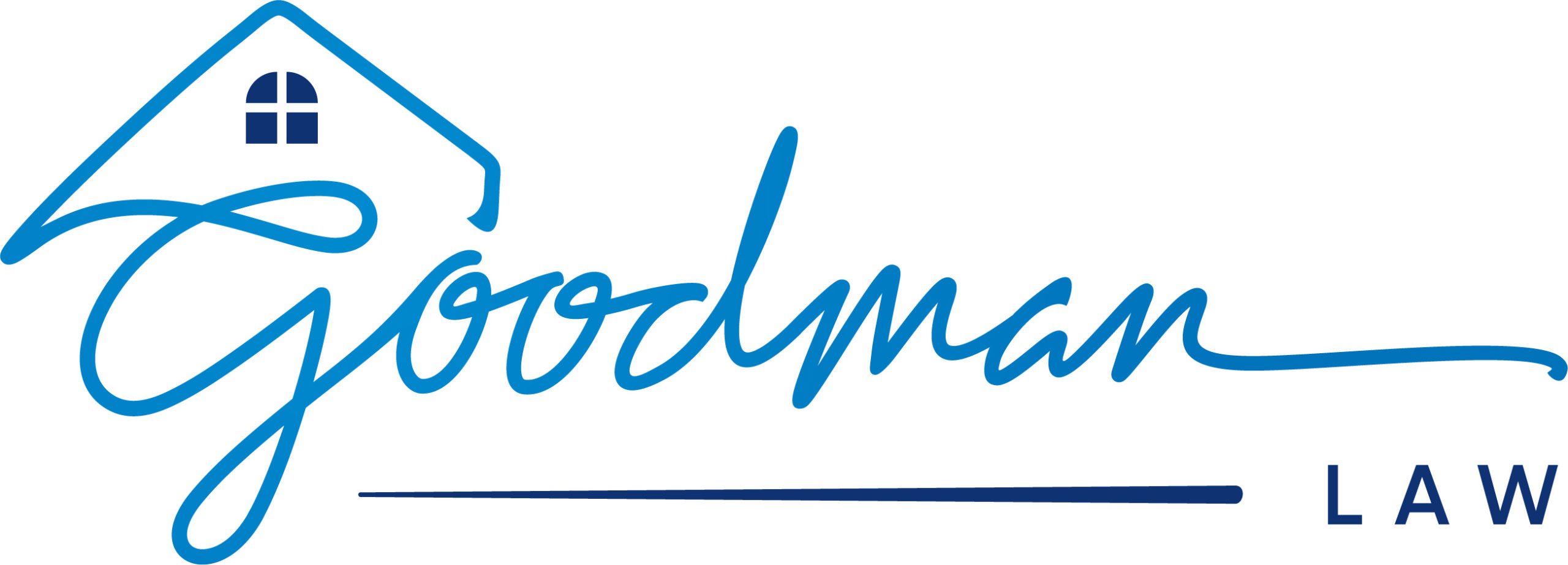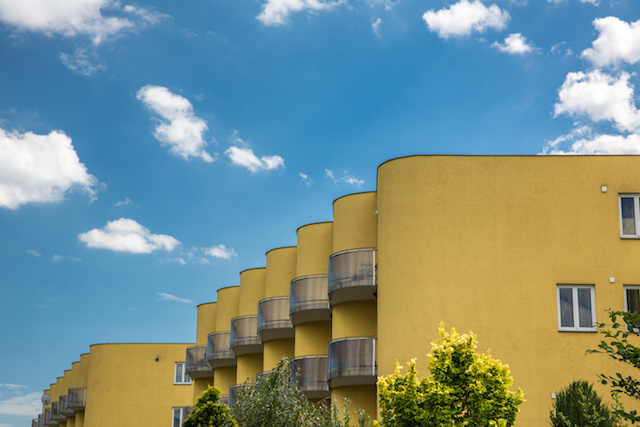If there is one unpleasant task that is the top of nearly every HOA’s to-do list, it is collecting HOA fees from homeowners. Everyone wants to live in a drama-free environment, and few people cherish the thought of having to repeatedly approach their neighbors to obtain the fees that they should paying on their own anyway. One perennial collection strategy that HOAs consider is that of public shaming, for example reading a list of delinquent homeowners during HOA meetings or posting the list in common areas or even distributing the list via letter or email.
Public Disclosure of Delinquency Lists is Likely Legal in AZ…
Arizona HOA law does not have a specific statute that one or way the other address the topic of posting, distributing, or otherwise disseminating lists of homeowners who are delinquent in their fees. Another way to say this is that doing so is not explicitly prohibited, but looking elsewhere at HOA law is helpful in determining its legality.
Under Arizona’s law affecting condominiums and planned communities, an HOA is obligated to make its financial information reasonably available to members, but certain records “may be withheld” from members, including financial information relating to members themselves. Putting these two statements together, what this implies is that an HOA does indeed have the right to share financial information about both itself and its members to other members in the community, and the “may be withheld” language indicates that doing so is within the discretion of the HOA itself. Certainly, what fees the HOA is owed and what parties have failed to pay those fees would appear to qualify as financial information that can then be shared with other members through a reading of names or a posting of a list. We generally advise clients NOT to disclose financial information. It does and can lead to defamation lawsuits.
…But It Comes With Other Risks to the HOA
But while there may be limited legal risk to the HOA in doing so, there are other issues that can arise by using such efforts. If a homeowner has not responded to your non-public efforts to collect the fees, there is a decent likelihood that a “public shaming” might only antagonize the homeowner further in not paying the fees. Or it may simply do nothing at all to impact the homeowner while giving other homeowners the impression that the HOA is using overly aggressive means and thus create an air of hostility against the HOA, which may even cause more, not less, problems with collectio
By working with an HOA lawyer to pursue more targeted, aggressive means to collect fees, your efforts can pay off while civility is maintained.
Work With an HOA Lawyer in Handling HOA Collection Efforts
At Goodman Law, our sole focus is on meeting the legal needs of HOAs, including creating and implementing HOA policy and responding to homeowner concerns. We have developed numerous collection strategies which help HOAs maximize their fee collections while minimizing the drama and delay that can often accompany those efforts. Contact us today to discuss how we can help you improve your HOA’s collection efforts.

